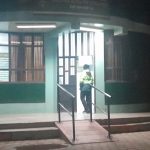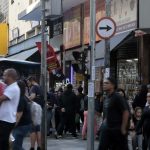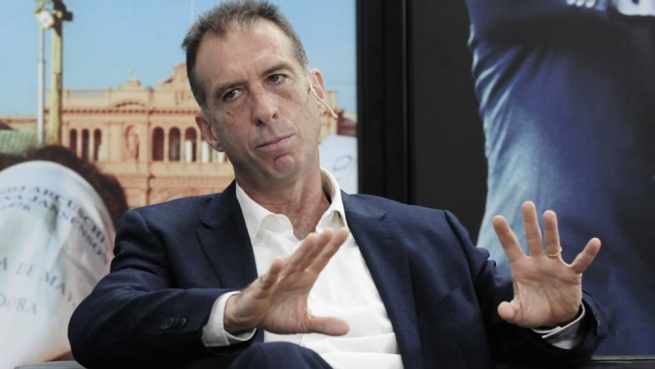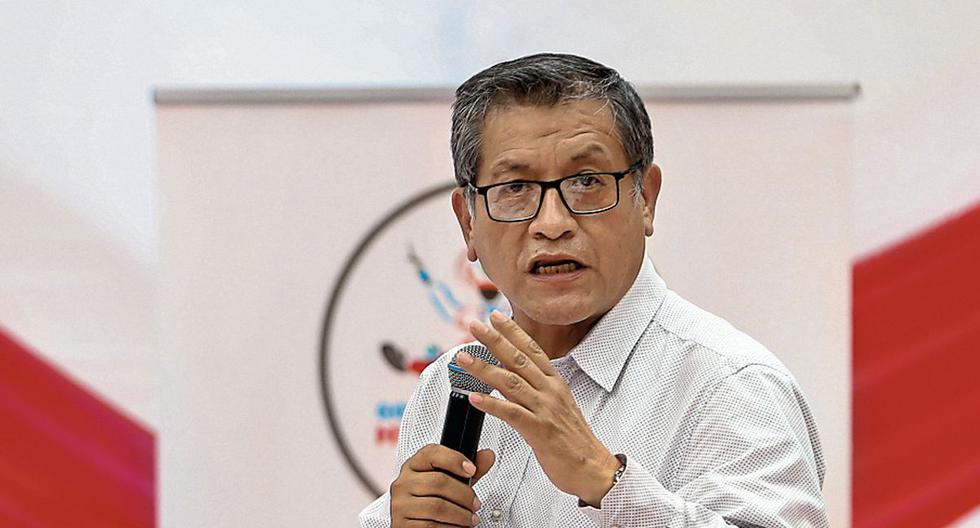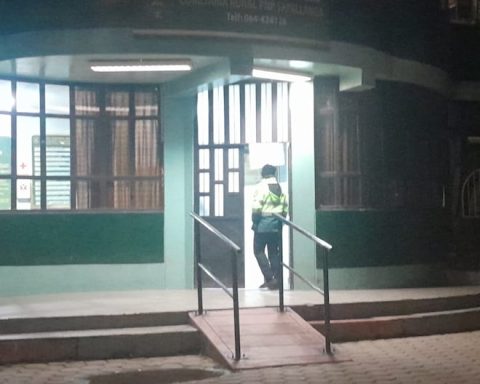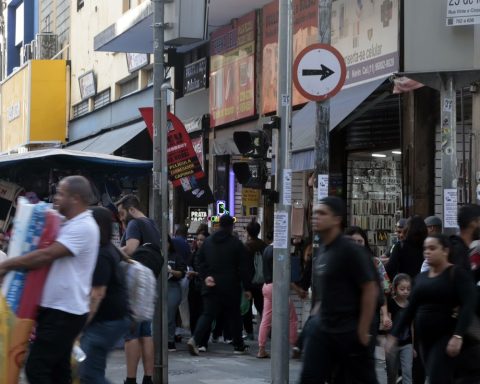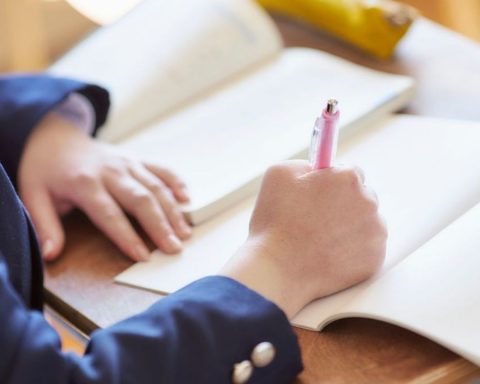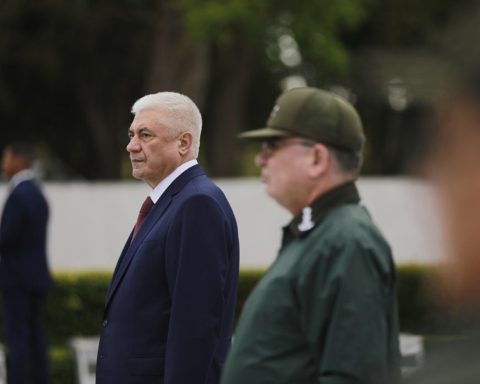The young native leader Aulina Ismare Opua was elected as the new National Chief of the Wounaan People, during the celebration of the XIII Ordinary National Congress of the Wounaan People, in Taimatí-Cemaco.
With the presence of observers such as the Vice Ministry of Indigenous Affairs and other institutions, it was announced that the new cacique Ismare Opua obtained 229 votes and the outgoing cacique Diogracio Puchicama obtained 221 votes, with 14 abstentions reported.
In the traditional electoral process better known as the “Indian Row”, residents and delegates from all the communities of the Wounaan territory, presented themselves and placed in the rows corresponding to the two candidates for Cacique who aspired Aulina Ismare Opua and Diogracio Puchicama, the Cacique outgoing.
It transpired that in the absence of a candidate for the Presidency of the Congress of the Wounaan People, the traditional authorities and delegates from the different communities, in consensus, decided prior to the elections, that whoever obtained second place as a candidate for cacique would be ratified as President. of the Wounaan Congress.
In this way, with the approval of the plenary of the congress, Diogracio Puchicama was appointed as the President of the Congress, who replaces the current president Chenier Carpio.
Aulina Ismare Opua, with her motto “A woman for a better Development and Unity of the Wounaan People”, won the victory as Cacica of the National Wounaan People, breaking with the traditional schemes where men were regularly the ones who competed and were the ones who always led the this town.
Ismare, is a graduate of the Central University of Chile, has a degree in Educational Sciences, is a pre-media teacher, specializing in Language and Communication.
Among its plans is to strengthen territorial governance, supporting Law 72 of December 23, 2008, which establishes the titling of collective lands.
At the national and international level, Aulina Ismare Opua has stood out in various professional and community activities, developing programs and projects aimed at strengthening the Wounaan territory, and other indigenous peoples, youth and women, with a high contribution of knowledge and leadership.
